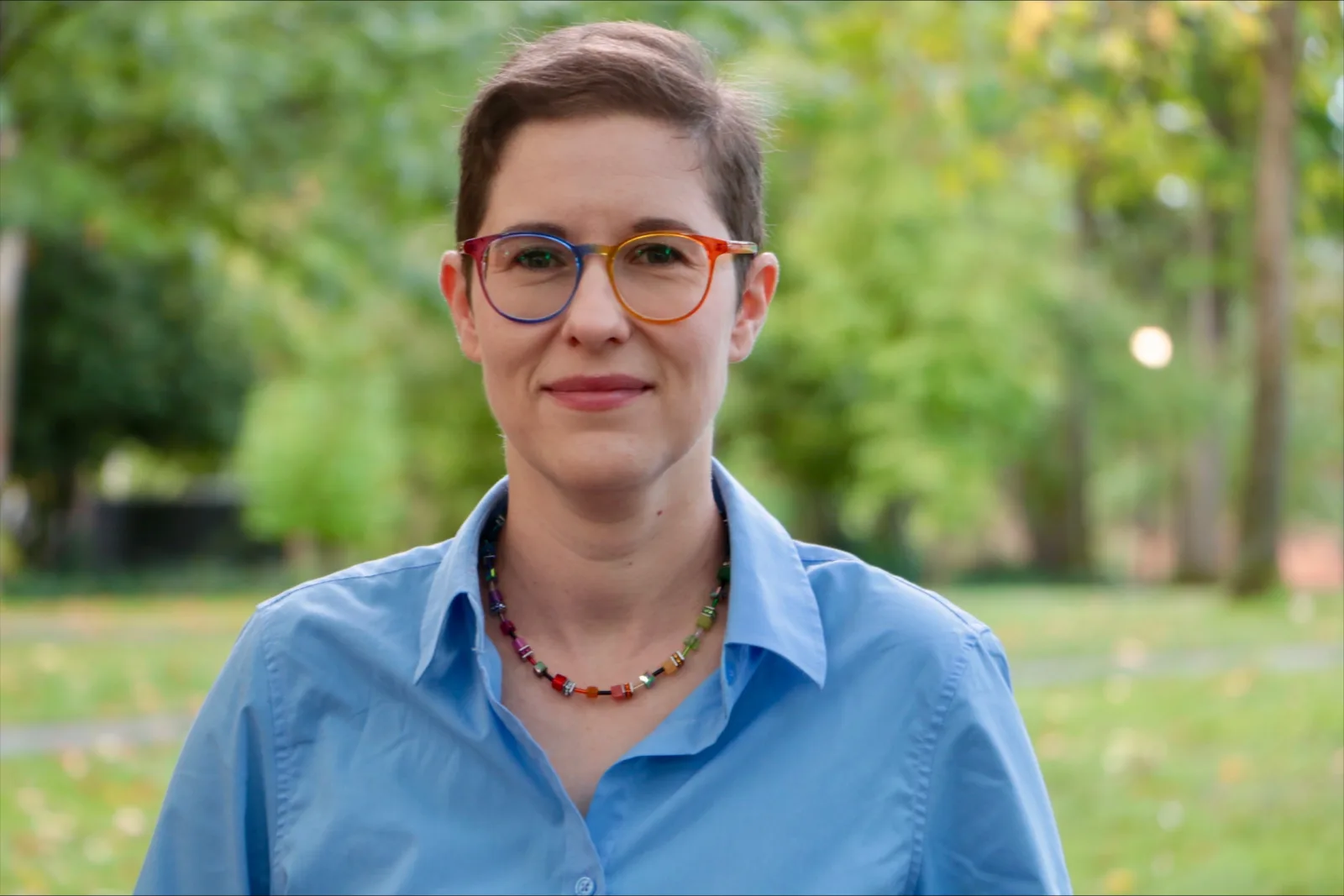Description
In medieval and early modern Europe, Jewish communities encountered monsters rooted in Christian traditions but reshaped them to address their own concerns. While Christian discourses often portrayed monstrosity as a sign of sin and difference, Old Yiddish texts adapted figures like giants and dragons to negotiate identity in diaspora. Initially borrowed from dominant traditions, these monsters were transformed into cultural constructs reflecting Jewish anxieties about belonging and exclusion. Modern Monster Theory, based on majority cultures, struggles to explain this dynamic, since Jewish monsters both resist and internalize prevailing majority discourses. By emphasizing hybridity, liminality, and transgression, Old Yiddish monsters reveal not just derivation but a unique minority perspective on identity and survival in diaspora.
About the Speaker
Annegret Oehme is an Associate Professor of German Studies at the University of Washington in Seattle and a faculty member at the Stroum Center for Jewish Studies. Her research explores the intersections of German and Yiddish premodern literature, with a focus on intersectionality, adaptation theory, and representations of monstrosity. She authored Knight without Boundaries: Yiddish and German Arthurian Wigalois Adaptations (Brill, 2022) and “He Should Have Listened to His Wife”: The Construction of Women’s Roles in German and Yiddish Pre-modern Wigalois Adaptations (De Gruyter, 2020). She co-edited Medieval and Early Modern Jewish Romance with Caroline Gruenbaum (ARC Humanities Press, 2023) and Premodern German Studies with CJ Jones (German Quarterly 96.2, 2023). Oehme has published articles in journals such as Arthuriana, Speculum, and The German Quarterly. She earned her Ph.D. from the Carolina-Duke Graduate Program in German Studies at Duke University and the University of North Carolina at Chapel Hill.
About the German Studies Seminar Series
The Newberry Library German Studies Seminar series provides a forum for scholarship-in-progress in the area of German studies. The seminar is particularly interested in papers that cross disciplinary boundaries and that reconceptualize the materials and conventions of German Studies as a field, including beyond the frames of the German language and nation state. Like all Newberry Scholarly Seminars, meetings are conversational and free and open to faculty, graduate students, and members of the public, who register in advance to request papers.
Register and Request Paper
This event is free, but all participants must register in advance. Space is limited, so please do not request a paper unless you plan to attend.
Register